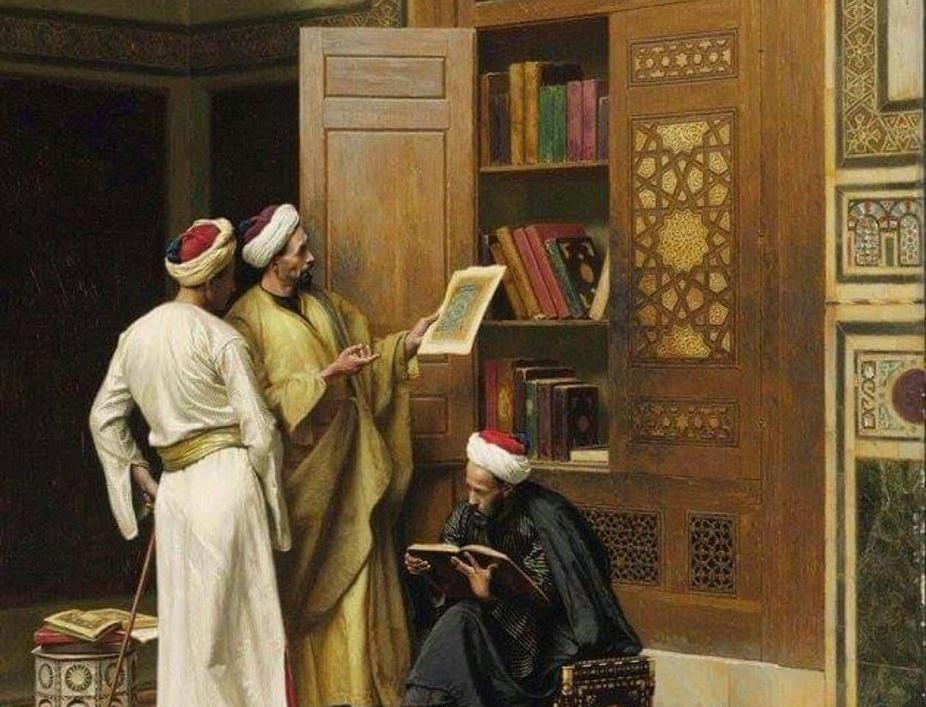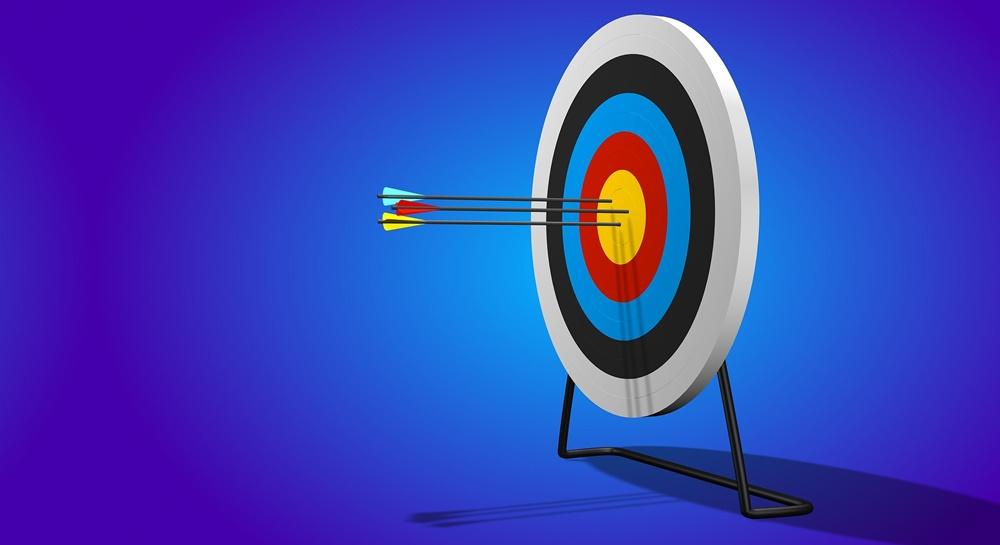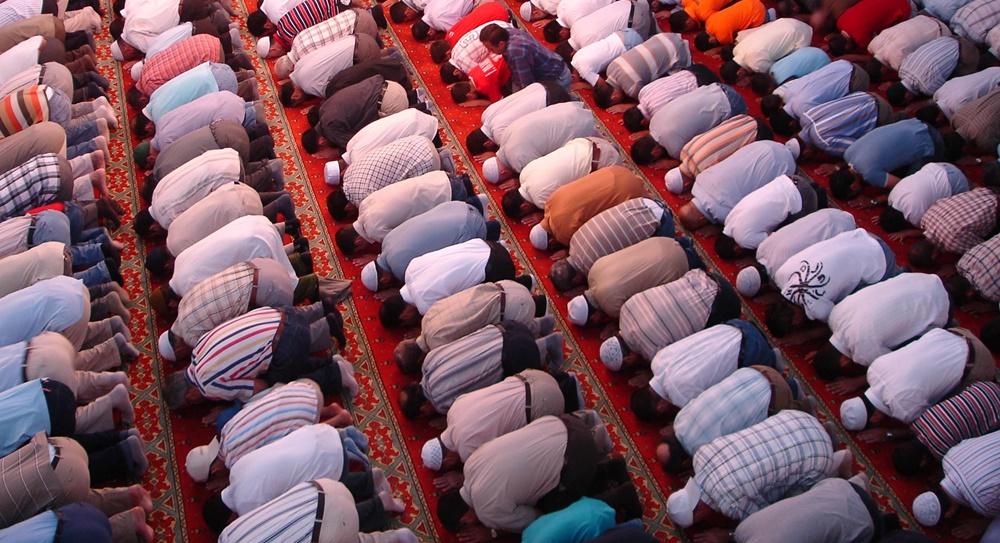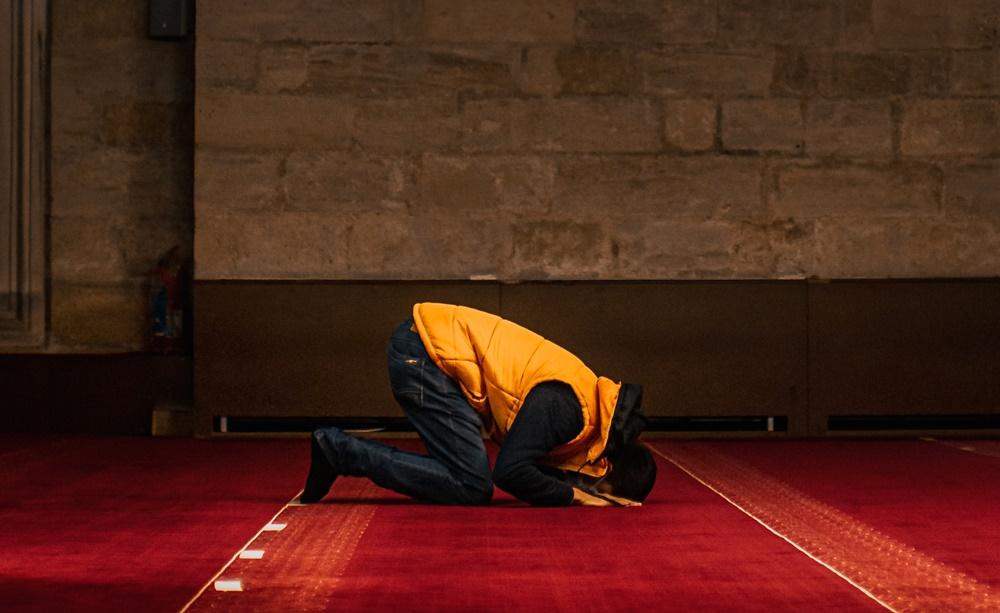Self-praise is generally disliked, if not prohibited, because it involves arrogance and looking down on others. We must not praise ourselves, nor should we praise someone else to their face, as Allah and His Messenger have said. However, there are exceptions to this general rule.
In certain situations, like a job interview, it will become necessary to inform others about your talents and skills. The evidence of this exception is based on the Qur’anic verse:
قَالَ اجْعَلْنِي عَلَىٰ خَزَائِنِ الْأَرْضِ إِنِّي حَفِيظٌ عَلِيمٌ
“He [Yusuf] said [to the King of Egypt]: ‘Put me in charge of the storehouses of the land; I’m an expert custodian.’ (Qur’an, 12:55)
1. Ibn Kathir
“So [Yusuf] praised himself, and it is permissible for someone to do this if his condition is unknown and there is a need to clarify this.” (Tafsir Ibn Kathir, 2/499)
2. Al-Qurtubi
“This verse proves that (in certain situations) it is permissible for a person to describe himself with the knowledge and good qualities that he possesses.” (Tafsir al-Qurtubi, 9/210)
3. Ibn al-‘Arabi
“Yusuf said that because they did not know his situation, so he wanted to describe himself. Such situations are an exception to the Ayah: “Therefore do not ascribe praise/purity to yourselves.” [53:32]. (Tafsir Ibn al-Arabi, 3/59)
4. Ibn Al-Jawzi
If anyone asks: “How can he praise himself in such a way when the Prophets and the pious should be humble?” The answer is: If self-praise is free from transgression and pride, and if one wants to implement the truth with it, uphold justice, lift falsehood – then (self-praise) that is beautiful and permissible. (Tafsir of Ibn al-Jawzi, 2/188)
5. Ibn Hibaan
“It is permissible for someone to praise himself with certain blessings that Allah has bestowed upon him, if he wishes the good for the listeners, and not to feed his ego.” (Chapter title in Sahih Ibn Hiban, 1385)
6. Ibn al-Qayyim
“A person may praise himself for the goodness he possesses, if it is not out of pride and feeling superior (over others).” (Zaad, 3/502)
7. Ibn Abdul-Barr
The Prophet said, “By Allah, if Allah had given me camels as much in number as these trees, I would still have distributed them among you, and you would not have found me stingy.”
Here is proof that a pious man can praise himself and if it is necessary then it is even mandatory.
[Prophet] Yusuf said [to the king]: “I am an expert custodian.” [12:55].
The Prophet ﷺ said, “I will be the first to intercede, I am the first to break open the earth (on the Day of Judgement), I am the leader of the sons of Adam, and I say this without pride.”
There are many examples in the Sunan, and from the scholars of the salaf. No one denies this except someone who has no knowledge of the texts.” (Al-Tamhid, 20/39)
8. Imam An-Nawawi
In this Hadith there is evidence that a person may praise himself with a blessing or knowledge if required. Self-praising is forbidden when someone does it for no reason, and out of pride and self-admiration.
If someone does it to ward off harm, or to bring a benefit to the people, or to motivate people to take note of him, and other similar benefits, that is allowed.
Yusuf said, “Appoint me to manage the treasures of the country because I am an expert custodian.”
And Uthman praised himself when he was in prison to ward off harm. And Ibn Mas’ud praised himself for motivating people (taking note of him) and Sahl bin Sa’d said: “There is no one left on Earth who knows the meaning of this better than me.” (Sharh Sahih Muslim, 16/16)
9. Izz Ibn Abdul-Salaam
“Nobody should praise himself, until a need for that arises ..” (Qawaa’id al-Ahkam, 2/178)
Adapted from Mohmand Afghan’s article and translations
Limited free articles. Subscribe for full access.








 Dr. Bilal Philips
Dr. Bilal Philips